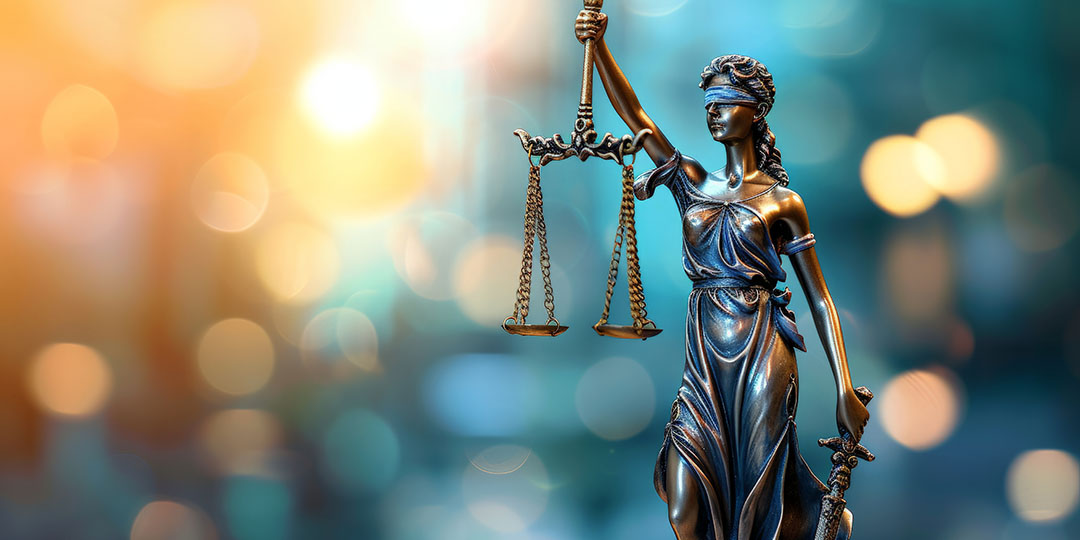The U.S. Department of Education (USDOE) monitors states for compliance with the Individuals with Disabilities Education Act (IDEA) in several key areas. These areas help ensure that students with disabilities receive the services and supports they need for a quality education. Here are seven key areas of monitoring:
- Free Appropriate Public Education (FAPE) — States must ensure that students with disabilities have access to a Free Appropriate Public Education (FAPE). This means that schools must provide special education services that meet the individual needs of students with disabilities, at no cost to the family. The USDOE checks if schools are offering services outlined in the students’ Individualized Education Programs (IEPs) and ensuring that these services are appropriate and effective.
- Least Restrictive Environment (LRE) — Under IDEA, students with disabilities must, to the maximum extent possible, be educated with their non-disabled peers. The USDOE monitors whether states and schools are placing students in the least restrictive environment appropriate for their needs.
- Procedural Safeguards — IDEA requires that students and parents have certain procedural safeguards to protect their rights. This includes the right to participate in decision-making about their child’s education and the right to challenge decisions through due process hearings if necessary. The USDOE ensures that states are following these procedures and informing parents about their rights.
- Timely Evaluation and Assessment — States must ensure that students with disabilities are evaluated in a timely manner. This includes conducting assessments to determine if a child has a disability and identifying their educational needs. The USDOE monitors whether states are meeting IDEA’s timelines for evaluations and assessments.
- Data Collection and Reporting — States are required to collect and report data on how well they are meeting IDEA’s requirements. This includes data on students’ access to services, progress, graduation rates, and discipline practices. The USDOE uses this data to monitor compliance and identify areas where improvements are needed.
- Teacher Qualifications and Professional Development — IDEA requires that special education teachers be properly trained and qualified to provide services. The USDOE monitors whether states are ensuring that teachers have the necessary credentials and receive ongoing professional development to serve students with disabilities effectively.
- Complaint Resolution and Due Process — IDEA provides a system for resolving disputes between parents and schools through formal complaints or due process hearings. The USDOE monitors whether states are following the rules for resolving these disputes in a fair and timely manner.
If a state is not complying with these areas, the USDOE can require corrective actions, provide technical assistance, or in extreme cases, withhold federal funding. The goal is to make sure that all students with disabilities receive the education and services they are entitled to under the law.


 .
.